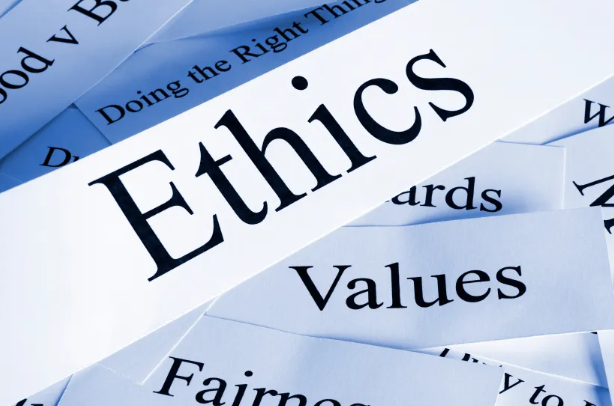In the vast and ever-expanding digital landscape, the role of content moderation has become increasingly crucial. As online platforms continue to grow and diversify, so too do the ethical considerations surrounding the curation of digital content. Balancing the ideals of freedom of expression with the responsibility to maintain a safe and inclusive online environment presents a complex challenge for platform owners, moderators, and users alike.
Navigating the Waters of Online Moderation
Content moderation encompasses a wide range of activities aimed at regulating user-generated content on digital platforms. From social media posts and comments to videos and articles, moderators are tasked with filtering out harmful or inappropriate content while upholding community standards and guidelines. However, in doing so, they often find themselves walking a fine line between promoting free speech and preventing the spread of misinformation, hate speech, and other harmful content.
The Ethical Dilemma of Censorship
One of the most significant ethical considerations in digital curation is the issue of censorship. While some argue that certain types of content, such as hate speech or violent imagery, should be removed to maintain a safe online environment, others believe that any form of censorship infringes upon the fundamental right to free speech. Finding a balance between protecting users from harmful content and allowing for open discourse and expression is a delicate task that requires careful consideration of the values and principles at stake.
Community Standards and Guidelines
Many online platforms rely on community standards and guidelines to govern user behaviour and content moderation practices. These standards are often developed through a combination of user feedback, legal requirements, and internal policies. However, enforcing these standards consistently and fairly can be challenging, especially given the diverse and global nature of online communities. What may be considered acceptable content in one culture or context may be deemed offensive or inappropriate in another, highlighting the need for sensitivity and cultural awareness in content moderation efforts.
Outsourcing Content Moderation
In recent years, online platforms have increasingly turned to outsourcing content moderation tasks to offshore teams, and this approach offers several potential advantages. Firstly, outsourcing can lead to significant cost savings for platforms, as offshore content moderators often operate in countries with lower labour costs. Outsourcing also allows platforms to access a larger pool of moderators with diverse language skills and cultural backgrounds, enabling more comprehensive coverage and understanding of global online communities. Offshore teams may offer around-the-clock moderation coverage, addressing time zone differences and ensuring prompt responses to user reports and content violations.
Striking a Balance
Ultimately, the ethics of digital curation require striking a delicate balance between freedom and responsibility. While it is essential to uphold the principles of free speech and open discourse, it is equally important to protect users from harm and ensure that online communities remain safe and inclusive spaces for all. This requires ongoing dialogue and collaboration between platform owners, moderators, users, and other stakeholders to develop and implement effective content moderation policies that reflect the values and priorities of the community.
Conclusion
As the digital landscape continues to evolve, so too must your approach to content moderation. By carefully considering the ethical implications of your actions and striving to find a balance between freedom and responsibility, you can create online environments that foster healthy discourse, respect diverse perspectives, and uphold the fundamental rights of all users. Whether through community-driven initiatives, technological innovations, or international collaborations, it is only by working together that you can navigate the complex ethical challenges of digital curation and create a better, more inclusive internet for future generations.

